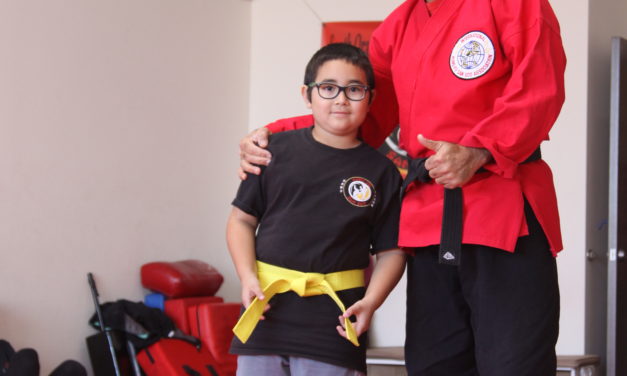Martial Arts Nutrition
by Edward Pollard Martial arts nutrition deals with diet and nutrition to positively affect a practitioner’s performance. By focusing on the quality and quantity and balanced consumption of carbohydrates, fats, minerals, proteins, vitamins and supplements, a practitioner hopes to enhance his or her performance. Successful martial arts nutrition can lead to improved body chemistry for balance, explosive power, better mobility, greater speed and strength, increased energy for intense workouts, higher endurance for sport and self-defense situations, speedier recovery times, strengthened immune systems and maintenance of a healthy body weight. Before starting any diet, practitioners should consult with the proper nutrition and medical experts to find out what their bodies specifically need....
Read More

Recent Comments